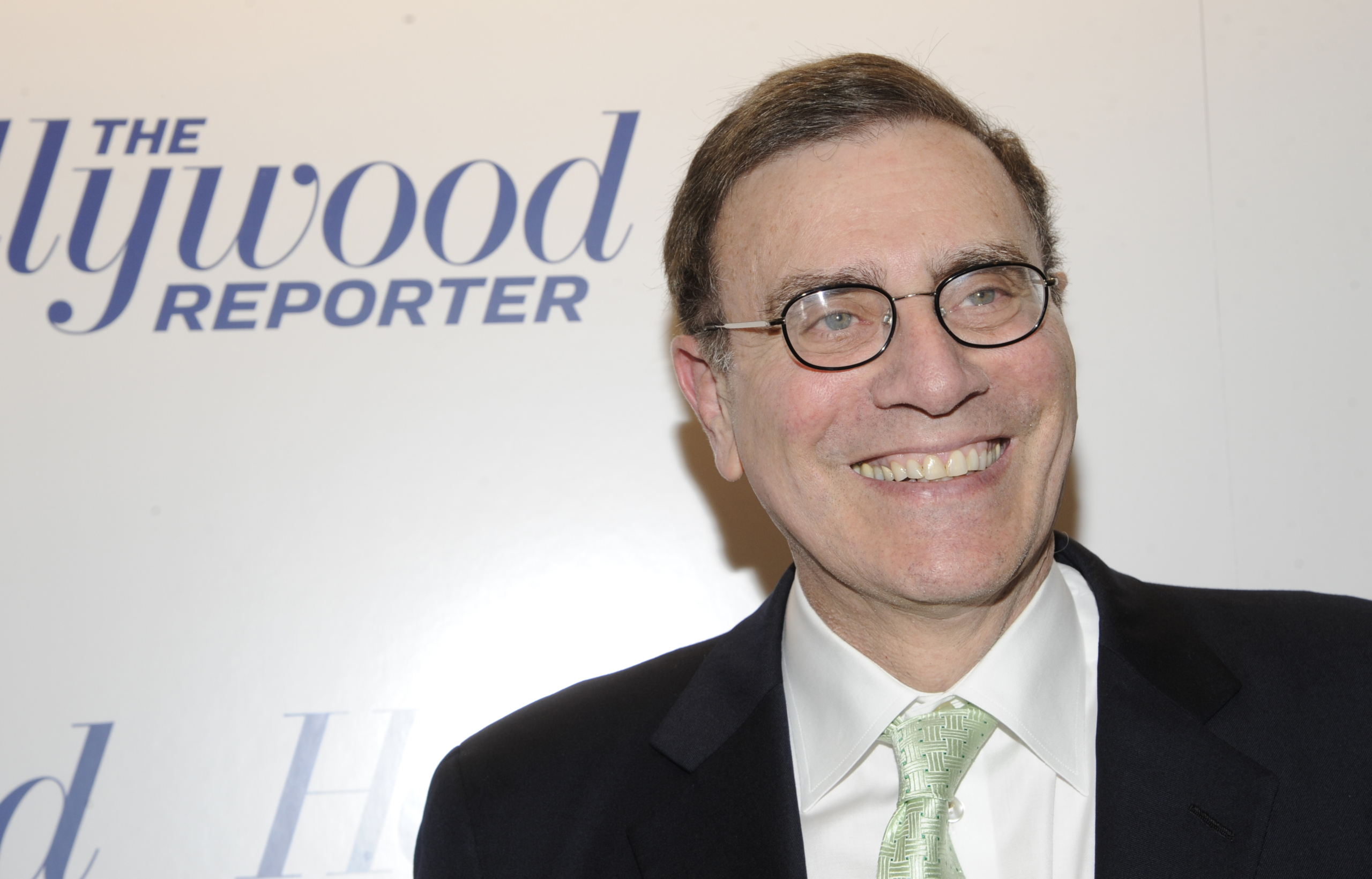The Messenger, a news startup that Jimmy Finkelstein launched last spring with $50 million in funding and 175 journalists stationed in New York, Washington, and Los Angeles, has shut down less than a year later, after running out of money.
When it launched, the company said it would bring in more than $100 million in revenue this year, but by the end of 2023 it had less than $2 million of its initial funding left, and just $3 million in revenue. Earlier this month, Semafor reported that The Messenger’s board of directors had considered shutting it down, since it was expected to run out of cash soon. And soon is now.
Coming as it does amid a litany of layoffs and shutdowns in the media—including broad cuts at Time magazine, the Washington Post, the Los Angeles Times, and Business Insider—it’s tempting to see The Messenger’s sudden shutdown as yet another symptom of a broader media decline.
But this particular death is in a category by itself. Yes, the ad downturn and other macro effects no doubt had an impact, but The Messenger was doomed from birth. As I noted in a piece for CJR when it launched, its entire model felt like a blast from the past—and the past is about the only place where it might have survived.
From Finkelstein’s invoking the glory days of Walter Cronkite and Vanity Fair to the hiring of Neetzan Zimmerman, a specialist in generating “viral” traffic, The Messenger seemed almost prehistoric. As I wrote for CJR, the startup’s model seemed to be “harking to a time when social traffic from vast quantities of viral clickbait articles could bring in millions of dollars in advertising revenue.” Those days, as BuzzFeed could no doubt testify, are gone. And the route that The Messenger chose to get there clashed with its lofty goals. Jon Christian, the editor of Futurism, wrote that despite its talk about revolutionizing journalism, the site was “churning out viral dumpster juice” from day one.
The New York Post wrote that The Messenger risked becoming a “money pit helmed by old-school executives with delusional ambitions,” which feels pretty much on target. Jacob Donnelly, publisher of Morning Brew, predicted that The Messenger would not have anywhere near the hundred million monthly readers it promised, because the days of “hacking your way to monumental traffic numbers are behind us.”
But a number of ad industry insiders came the closest to foretelling the future when they revealed to Insider that they hadn’t signed up with The Messenger because they were afraid of it becoming “another Quibi”—a reference to the highly touted mobile video service that raised almost $2 billion in 2018 and 2019 and promptly crashed and burned.
Suffice it to say that it came as no surprise to anyone with even a glancing experience with media when The Messenger blew through tens of millions of dollars and had little to show for it, apart from a trio of fancy offices and a staff of more than three hundred who will now be on the unemployment line with thousands of their colleagues from other publications.
The saddest part of this whole saga, as Simon Owens noted, is that the $50 million Finkelstein and his team chewed through could have funded a hundred local news startups that people might actually want or need.
Mathew Ingram is CJR’s chief digital writer. Previously, he was a senior writer with Fortune magazine. He has written about the intersection between media and technology since the earliest days of the commercial internet. His writing has been published in the Washington Post and the Financial Times as well as by Reuters and Bloomberg.

